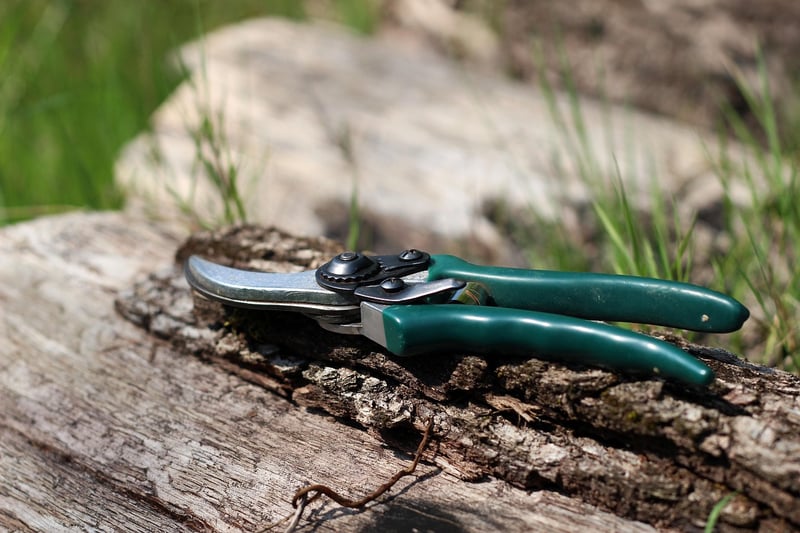Pruning Guidance
Keeping Your Vertical Garden Healthy and Thriving
Vertical gardens are a fantastic way to add greenery to small spaces, create a stunning visual impact, and improve air quality. To ensure your vertical garden stays healthy and thriving, follow these essential tips:
1. Choose the Right Plants
When selecting plants for your vertical garden, consider the amount of sunlight your space receives and the plants' water requirements. Opt for a mix of trailing, low-growing, and upright plants to create a visually appealing display.
2. Provide Adequate Watering
Vertical gardens can dry out quickly, especially during hot weather. Make sure to water your plants regularly, keeping an eye on moisture levels to prevent overwatering or underwatering. Consider installing a drip irrigation system for efficient watering.
3. Ensure Proper Drainage
Good drainage is crucial for the health of your plants. Use a well-draining potting mix and ensure that excess water can escape easily. Consider adding a layer of gravel at the bottom of each plant pocket to prevent waterlogging.
4. Monitor Light Exposure
Check the light conditions in your vertical garden regularly. Some plants may require more sunlight, while others prefer shade. Rotate your plants occasionally to ensure even light distribution and prevent overcrowding.
5. Prune Regularly
Pruning is essential for maintaining the health and appearance of your vertical garden. Remove dead or yellowing leaves, trim overgrown branches, and shape your plants to encourage healthy growth. Pruning also helps prevent disease and pest infestations.
Pruning Guidance
Follow these simple steps to prune your vertical garden effectively:
- Inspect your plants regularly for any signs of damage, disease, or overgrowth.
- Use clean, sharp pruning shears to make precise cuts and avoid tearing the plant tissue.
- Remove any dead, diseased, or damaged foliage first to prevent the spread of infections.
- Trim back overgrown branches or stems to promote new growth and maintain the desired shape of the plant.
- Step back occasionally to assess the overall look of your vertical garden and make adjustments as needed.
By following these tips and guidelines, you can keep your vertical garden looking lush, healthy, and vibrant all year round.

Image by Free-Photos from Pixabay
